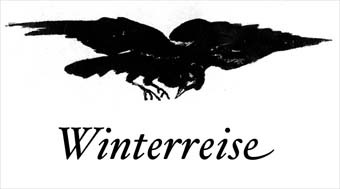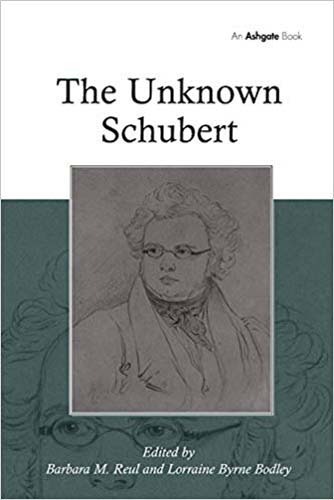Reul & Bodley (eds.) - The Unknown Schubert
Franz Schubert (1797-1828) is now rightly recognized as one of the greatest and most original composers of the nineteenth century. His keen understanding of poetry and his uncanny ability to translate his profound understanding of human nature into remarkably balanced compositions marks him out from other contemporaries in the field of song.
Schubert was one of the first major composers to devote so much time to song and his awareness that this genre was not rated highly in the musical hierarchy did not deter him, throughout a short but resolute and hard-working career, from producing songs that invariably arrest attention and frequently strike a deeply poetic note. Schubert did not emerge as a composer until after his death, but during his short lifetime his genius flowered prolifically and diversely. His reputation was first established among the aristocracy who took the art music of Vienna into their homes, which became places of refuge from the musical mediocrity of popular performance.
More than any other composer, Schubert steadily graced Viennese musical life with his songs, piano music and chamber compositions. Throughout his career he experimented constantly with technique and in his final years began experiments with form. The resultant fascinating works were never performed in his lifetime, and only in recent years have the nature of his experiments found scholarly favor.
In The Unknown Schubert contributors explore Schubert's radical modernity from a number of perspectives by examining both popular and neglected works. Chapters by renowned scholars describe the historical context of his work, its relation to the dominant artistic discourses of the early nineteenth century, and Schubert's role in the paradigmatic shift to a new perception of song. This valuable book seeks to bring Franz Schubert to life, exploring his early years as a composer of opera, his later years of ill-health when he composed in the shadow of death, and his efforts to reflect in his music his own profound inner experience.
Edited by Barbara M. Reul and Lorraine Byrne Bodley
© Ashgate Publishing




